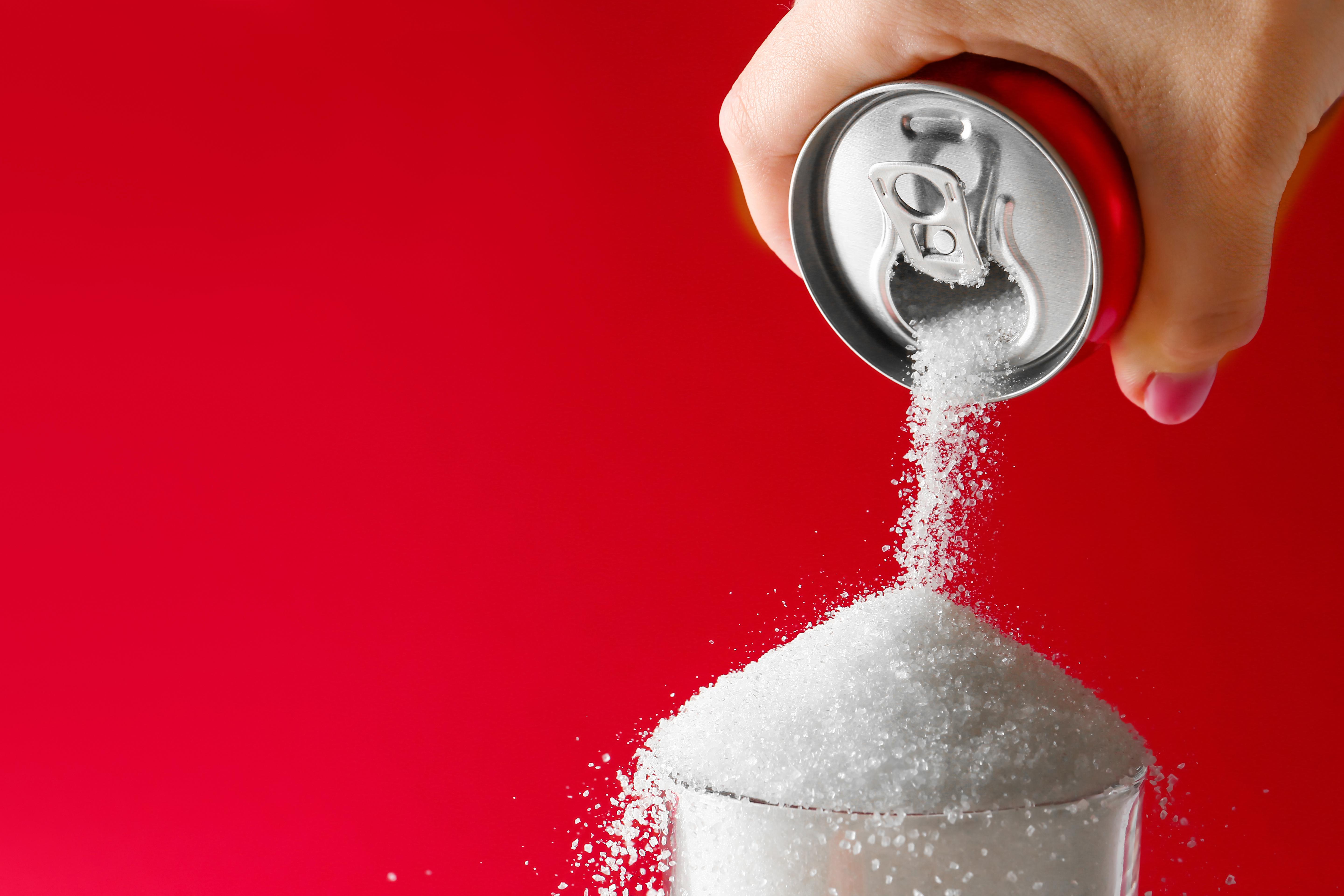Energy Drinks May Lead to Hyperactivity in Kids

There’s a lot of bad stuff out there for kids to eat. Jesse Singal from NYMag writes that energy drinks are of particular concern for one set researchers who write that “nearly one-third of 12- to 17-year-olds in the United States regularly consume energy drinks.” Their study brings some evidence on the effects a caffeine-heavy, sugary beverage can have on a developing mind.
The group recently published their work in Academic Pediatrics. The researchers say the popularity of energy drinks outside of college campuses has led some health officials to wonder what kind of side effects energy drinks could have on youngsters. The researchers surveyed 1,649 students from 12 schools. The students were asked what kinds of sweetened beverages they consumed within the last 24 hours and completed a questionnaire to measure symptoms of hyperactivity/inattention they experienced. The researchers found:
“Students reporting consumption of energy drinks were 66% more likely to be at risk for hyperactivity/inattention after adjusting for number of drinks, other types of drinks consumed, and other potential confounders.”
Of course, Singal makes a good point that causality is always an issue in studies like this one. It may be too soon for researchers to draw conclusions that energy drinks cause hyperactivity in kids. But they worry about the repercussions these drinks could have on young, developing minds:
“The combination of sugar and caffeine also may facilitate caffeine dependence, and exposure to caffeine during adolescence while brain development is underway may disrupt proper sleep and nutrition — two critical elements of maximizing brain growth and development.”
More research, controlled and observational, is required to examine the long- and short-term effects these drinks have on youths as they develop into adults. Still, it’s always good to err on the side of caution and moderate the sugar (and caffeine) intake in general — for anyone.
Read more at NYMag.
Photo Credit: reynermedia/Flickr





